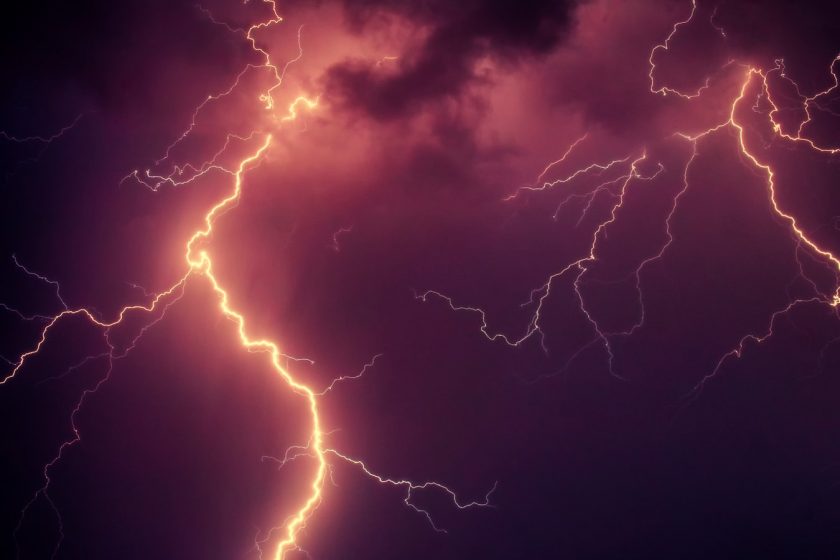
Wrangling with power dynamics
As evaluators, we often talk about politics, but – in my experience – we rarely talk about power and the impact of power dynamics. Not explicitly anyway, unless you’re practicing transformative evaluation.
In the disability sector, on the other hand – where I do most of my work – the concept of power is close to the surface. We talk about ‘nothing about us without us’ – the need to involve people with disability in shaping the policies and programs that affect their lives. What this requires is a recognition of power dynamics and explicit practice to disrupt these.
When designers and evaluators work with communities identified as ‘vulnerable’, we need to be particularly conscious of how past policies and ongoing practice can limit people’s confidence to voice their perspective.
But it is not only when working with ‘vulnerable’ communities that we must be conscious of this. There are also power dynamics at play when working with program staff. You don’t need to have read Donaldson, Gooler and Scriven’s paper Strategies for Managing Evaluation Anxiety: Toward a Psychology of Program Evaluation to know that staff who are unfamiliar with evaluation theory and practice or who have had a bad evaluation experience can fear evaluation and how it will be used by decision-makers. There is another layer to the dynamic when an external funder is involved.
As designers and evaluators, we need not only technical competencies, but the capacity to understand power dynamics and competing perspectives on what is of value and whose values count. My session at the 2019 Australian Evaluation Society International Evaluation Conference was all about starting a conversation about power.
First, we looked at some definitions of power. Historically, there have been a range of definitions of power from sociologists and others. Weber identified power as being: ‘the ability of an individual or group to achieve their own goals or aims when others are trying to prevent them from realising them.’ He identified power as being either authoritative (legitimate) or coercive (exercised through force). While for Foucault, power and knowledge are inextricably related – knowledge is always an exercise of power and power always a function of knowledge. ‘There is no power relation without the correlative constitution of a field of knowledge.’ And for Talcott Parsons, it’s not a matter of social coercion and domination; power flows from a social system’s potential to coordinate human activity and resources to accomplish goals. ‘Political power is capacity to control the relational system as a system.’
Then, as a group, we identified what contributes to a position of power. Things like money, inherited privilege, being part of a majority group, decision-making authority, and wellness and ability. If you want to look further into this, check out Lauren Weinstein’s work on Shifting the Powerplay in codesign and her powerplay© cards. The game brings to the surface three laws of power: 1) when power is unequal, it imbalances who has the agency to act; 2) power accumulates; and 3) power can be transformed and transferred.
The power to ask and frame the questions is another kind of power. So we used Hal Gregersen’s ‘question burst’ method to define how we’d discuss disrupting power dynamics. In a question burst, all you can do is ask questions for four minutes, not pass judgement or question.
These are the questions we surfaced about disrupting power dynamics:
- How do you respond when pushed to use an approach that’s not appropriate?
- How do you have equal power when you come and go?
- How do you name power dynamics when not everyone believes they exist?
- How do you address elephants in the room?
- How do you break down barriers?
- What approaches do we require to get all of the voices heard?
- How do we find an equal footing when some are more privileged?
- How do we intervene when power is unequal?
- How do we build trust with participants to understand what we’re doing?
- How do you repair trust?
- How can we use our power as evaluators for good?
- How do we disrupt ourselves?
Then people broke into small groups to discuss what moved them most. I’m not sure what these discussions revealed as the groups chose to spend the limited time finishing their discussions rather than reporting back. Power to them! But I hope this is the start of a discussion. Would love to hear your thoughts.




